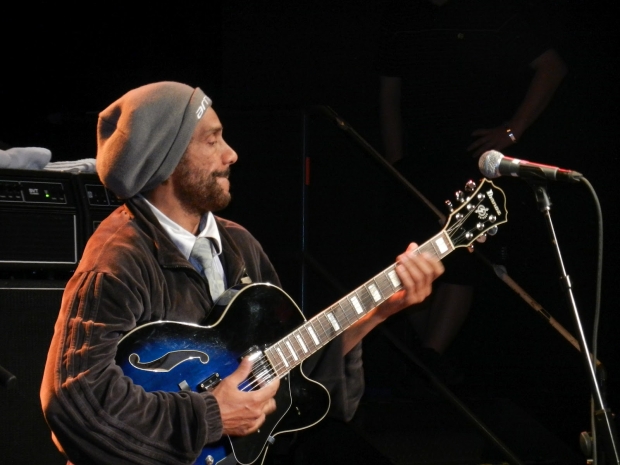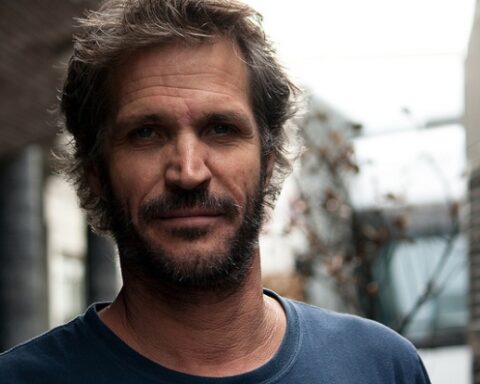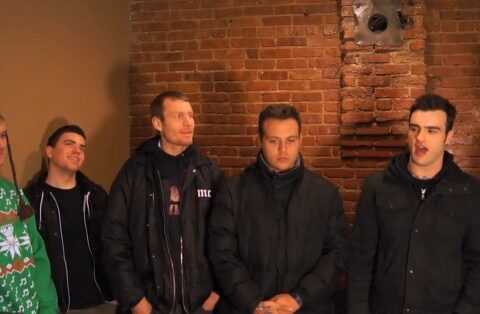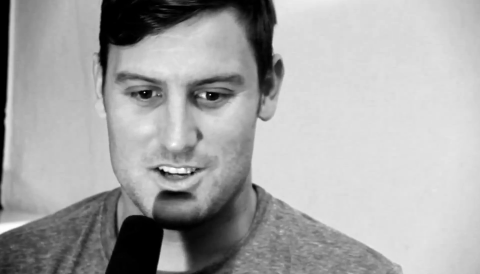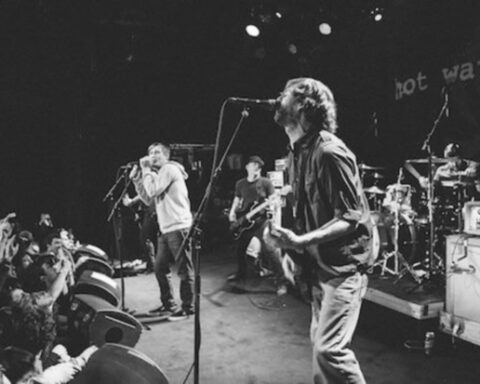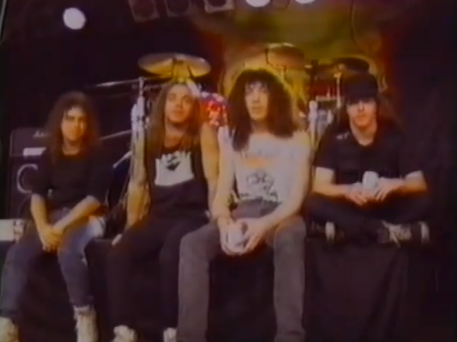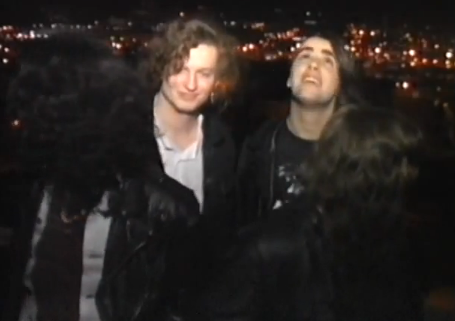Consequence of Sound recently conducted an interview with BAD BRAINS frontman H.R., who talks about the band’s new album “Into the Future”, which arrived earlier this week.
The press release describes Into the Future as shining “with a true sense of freedom and musical experimentation,” and the “purest Bad Brains recording” since your debut cassette. Is that sense of purity a result of you guys producing this album yourselves or something else entirely?
I believe it’s a little bit of both. For many years we wanted to create a new style of music, a new technique that would reflect the opinion of the specialty of what the group could do and offer the public. We didn’t really want to risk it in the early days, but then we went ahead and took a chance. Because of the response and the cooperation of the kids, the enthusiasm of the labels, our friends and family, along with some new ideas that we received from influences and brothers in the business, we went ahead and collected.
[We] made a conscious effort and orchestrated the arrangements so that it would be able to compliment and also share and express the ways that we wanted to perform our music. The techniques, or the way and manner, and also using our ideas and experience that we had learned through the years, and then taking that to the next level of musical arrangement and delivery.
The band’s broken up so many times over the years. Darryl [Jenifer] has said that despite this, the brotherhood will always remain. Following the success of Build a Nation, and now with the group producing what you are calling some of Bad Brains’ best music ever, can it safely be said that the band is as strong as the brotherhood has ever been?
Yes sir, I would say that. Brotherhood and the unification of the group is what kept it alive. It kept an optimum level of hopes and aspirations to be able to achieve the new generation of music. And although we did break up from time to time, it was only because each member wanted to dabble in other things and try his own different techniques. But through the years and the experience, we found out that as a group, as a team and collectively pulling it together, it was a lot more strong, a lot more durable, and it gave us the freedom, when we did break up, it gave us the freedom to be versatile, and that was good.
What brought you all back together in 2007, and how was it different than previous reformations?
I think what brought us back together was some friends offered us an idea to come together in Manhattan, some shows at CBGBs. Good friends by the name of Mand and Mandy, some good ol’ blokes, said, “How about y’all pull it together and we’ll be able to share some different ends with you monetarily, financially, and also socially?” So, we said, “Okay, we’ll give it a try.” And that’s what basically pulled it together. We didn’t really know at the time, I was living in California, if it would work, but we went ahead and gave it a try.
Anthony [Countey, band manager] said to give him a call, and I gave Anthony a call, and after I gave him a call he said they called Jeremy, and they sat down and talked with him, and for [us] to come together and see what we could come up with. So, I gave Jeremy a call. After that, Darryl. Finally, Earl [Hudson, drummer] came out and said, “Hey man, why be bouncing your head around California?” Because he had heard what I was going through. He said, “Here’s a chance to really take hold of your perspective.”
The group has put out 15 years worth of music and we were slightly ahead of our time at the time. When we first started, the group was ahead of its time. Well, society had finally caught up with us and the listeners caught up with us. They liked what they heard and they wanted to know if we could do it again, so that’s what pulled it all for us.
The rest of the interview can be read here.



